Charles Pakana (Victorian Aboriginal News): In January this year, the Joint Standing Committee on Electoral Matters tabled a report in parliament titled the Advisory Report on the Referendum (Machinery Provisions) Amendment Bill 2022. Joining me today on the program is the chair of that committee, Kate Thwaites MP, federal member for Jagajaga. Kate, thank you for your time.
Kate Thwaites, MP: Thank you very much for having me.
Charles: Before we get into some of the nitty gritty of the report, what actually was the goal of that standing committee?
Kate: That’s a really important question. So this bill looks at the machinery of a referendum and is really about the process of how we vote in a referendum. So it’s not about what question are we going to vote on, it’s about the process of voting, what it looks like when you go to the ballot to cast your vote. And it’s a case in Australia that it’s been a really long time since we last had a referendum. I was only just able to vote in that last referendum for a republic. So it’s been a long time. And in that time we haven’t updated the rules around how you vote, but we have updated the rules around how you vote in a federal election. So what this bill is mainly designed to do is to bring the process of how you vote into line with how you might vote in a federal election so that when you go to vote, either yes or no at a referendum, it feels much like your experience voting in a federal election currently.
Charles: Once again, for the audience, can you run through some of the mechanics of the joint standing committee, because it’s not just a bunch of politicians sitting down, yarning between themselves. There’s a lot of expert opinions coming in from various people.
Kate: Yes. The way committees work in our parliament is they’re made up of MPs and senators, well some are MPs and senators, this one is, from all sides of politics. So on this committee there are Labor members such as me, there are Liberal and National members, there’s Greens members and an Independent as well. And we come together, as you say, not just to chat amongst ourselves, but to hear from people who are relevant to what we’ve been asked to look into.
So in this case, a lot of experts who can talk about how we vote in Australia, such as the Australian Electoral Commission, people whose job it is to look at our constitution and look at our systems of voting. So academics and legal experts in that field, as well as people who are concerned with our democracy and some of the civil society organisations around that. So we hear from a wide range of people who are interested in and concerned about the matters that we are looking into. Once we’ve held hearings, generally we’ll hold public hearings so that the public can see what questions we’ve been asking and what people have said. In response to that, the committee goes away and writes a report about the legislation, about what it’s heard, and then the committee will make recommendations in that report. And that report then goes to the parliament for the consideration of the parliament and the government.
Charles: Now, some of those expert or subject matter experts were actually from the Australian Electoral Commission, the AEC, and they were coming forward with three key requests. The first of those was that there be enrollment on the day of voting. Another was to extend the period of time for remote area polling out to 19 days to give the AEC more time to get out to those remote communities. And the third item was to trial telephone polling and reducing the proof of identity. With regard to the first one, the enrollment at the day of voting, what was the result from that one and what’s been put forward to both Houses?
Kate: So all of this is in the context of what the Australian Electoral Commission is trying to do and very much what the government is trying to do is making sure that we have as many as possible Aboriginal and Torres Strait Islander people who are eligible to vote, who are enrolled on our electoral role, and who then have the opportunity to participate in our elections. And the data tells us that historically we haven’t done a great job at that. While overall in Australia we have a really high rate of people who are eligible to vote. Being on our role, it’s about 97.2% at the moment, that number has been lower for indigenous people. And so the AEC and the government have been putting a big effort into making sure that we get indigenous people enrolled able to vote and voting in elections. And obviously that’s really important in the context of the upcoming referendum as well.
We want as many Aboriginal and Torres Strait Islander people to have the opportunity to have their say in the referendum. So these proposals are broadly about ways that it might make it easier for Aboriginal and Torres Strait Islander people to get themselves onto the electoral role and then to be able to participate and vote in the referendum. So that first proposal that you were mentioning from the AEC around on the day enrollment is something that currently some states allow in their state elections where you may not have got round to signing up and putting yourself on the electoral roll before the day of enrollment.
And what would happen if you decided on the day “I would like to vote, but I forgot to do that bit where I got myself on the roll.” You would turn up at a polling place and you would be able to cast what’s called a declaration vote. So you would essentially enrol on the day, vote and your vote at that case would be put inside an envelope to be checked later once your details had been checked to see that you were eligible to be on the roll. And if you were eligible to be on the roll, your vote would then be counted. So as I said, some states do it at the moment, it’s the proposal the AEC put forward federally as part of its recommendations to the committee in this inquiry.
Charles: Now, that was one of the recommendations that actually was supported by all members of the joint standing committee in contrast to other points which we’ll talk about in a minute.
Kate: So the committee broadly recommended that the government do the work to increase Aboriginal and Torres Strait enrollment. And that was supported, yes, across the board.
Charles: When it comes to support. Now there wasn’t support or across the board’s support for this next one. And that was the disapplication. Can we just say suspension of Section 11 of the Act? And that relates to the distribution of arguments for and against the proposed amendments to the Constitution. Now some of the main arguments were, I think this was put forward by Professor Twomey I believe, that historically there’s been emotive incorrect or misleading information which did not assist voters in decision making. How prevalent was that argument in the discussions within the standing committee here?
Kate: I think this is one that is worth a bit of context in terms of what we’re talking about. So if you think about the history of referendums in this country, it’s a mechanism that’s been in our constitution since we set it up in 1901. And if you think about how people communicated in 1901, very different to how we communicate now. So in the Referendum Machinery Act, there has historically been a provision, whereas part of the process of a referendum, a pamphlet is sent out to Australians before they vote. That has a yes case from parliamentarians and a no case from parliamentarians.
And what the committee heard was that this pamphlet was originally designed because really there was no other way for people across Australia to hear the views of parliamentarians on something they were being asked to vote on in a referendum. Now, there was also general evidence put to the committee that yes, in general Australians do receive information in different ways now rather than through a pamphlet. And the government, when it put this bill forward, said that it did intend to remove this pamphlet from the process because people do receive information in a different way. As you said, the committee also heard views from experts that in the past some of the information in the pamphlet hasn’t been that helpful because it’s essentially just something a parliamentarian said and then popped into a pamphlet. So whether it was factual or not didn’t really matter. It was the views of a parliamentarian.
Charles: So what has the recommendation been made?
Kate: So the committee’s recommendation was a broad recommendation that the government makes sure that there is factual, accurate information available to Australian people. The overwhelming message the committee heard from experts and across the board was the pamphlets sort of in a little way, neither here or there. But what is important is that Australians are informed about what they vote on. And so that’s the recommendation the committee made.
Charles: Members of the committee though, were I believe advocating for a government funded yes and no campaign. Is that correct?
Kate: Yes. In terms of it’s a position that the Liberal and National parties have taken more broadly, both within the committee and as a general position in the parliament. And more broadly, they have taken the position that they think this is an important part of the process and that a yes and no pamphlet should be funded. And that’s something that since the committee report has been tabled and made, the government has taken on board that argument that was put by liberal and national members, and they have agreed to a yes or no pamphlet.
Charles: So there won’t be, at this stage, government funding for distinct yes and no campaigns?
Kate: That’s a separate process. And yes, the government has said at this stage that it does not intend to fund a yes and no campaign.
Charles: Is there a particular reason for that?
Kate: I think the government, again feels that in this case, what is more useful is an information campaign. And that’s what the government has said. It will fund it’s committed funding to doing that, to making sure that people know what it is they’ll be asked to vote on. And also the process of voting and the feeling of the government is that that’s more useful than funding through public money a yes or no campaign. Yes or no, campaigns will absolutely be funded. As you would know, there are campaign groups out there and they’ll be funded through donations, but they won’t be funded through government money.
Charles: There was also a fair level of discussion on a financial disclosure regime for referendum campaigns, and that includes a restriction on foreign donations. Now, you and I have discussed this previously, and this is also getting it in line with the federal election processes. So can you talk a little bit about that and why that was such an important point of discussion in a referendum?
Kate: So in a referendum, just like in an election, we should know who is paying for the information we receive, who is paying to try and influence a decision. And as I said at the very start of our interview, it’s been a long time since we’ve had a referendum. So the donation laws that applied to a referendum in terms of who can donate when we know how they donate, how we know that, we’re not up to date with how we apply those rules in a federal election, particularly around foreign donations. And again, the principle here is that this is our democracy. It’s not for foreign actors to influence. And so these changes that are in the Referendum Machinery Act to bring those laws into line with current federal laws for a federal election.
Charles: You mentioned at the top of the interview that, and you just mentioned again then that it’s been quite a while since this act was overhauled, mainly because the last referendum that was held was 1999, of course the failed Republic Referendum. Do we need to wait another 20 years or so before this act is once again addressed? Because let’s be frank, it seems to be a knee-jerk reaction on the part of every government that, oh, we’ve got a referendum coming up. We’d better look at the machinery of that. Certainly, it’s got to be time to look at it now for the future.
Kate: This is such a good question and an important question. One of the pieces of evidence we heard during the hearings that really struck me was how in this country we are actually just very out of practice of having referendums. And so we’re unsure how to talk about them. We’re unsure what the process would be. And perhaps if we held them more regularly, we’d all feel a bit more confident about that, which I actually think was not a bad point to be making. And more broadly that point you’ve just made about not only updating this legislation when we know we’re about to come to a referendum, but having a really good look at it to make sure it actually is fit for purpose more broadly and doing some of the work that may take a bit longer, that we might not have time to get in place before this referendum, which we plan to hold this year. I do think that is an important thing that the Parliament should look at in the future.
Charles: Can we get any confirmation from you being the chair of the Joint Standing Committee that this may happen within the current term of the government?
Kate: It’s not something I can confirm. The way committees work is that we are essentially referred work from ministers. But what I can say is, as I’ve just said, I think it’s work that needs to be done. So in my conversations, in terms of the work the committee might do in the future or other committees, this has actually been looked at previously by other committees in the Parliament that work on legal matters and things like that. So it may not be this committee, it may be another committee, but I do think that work should happen.
Charles: Kate Thwaites, thanks for your time.
Kate: Thank you.


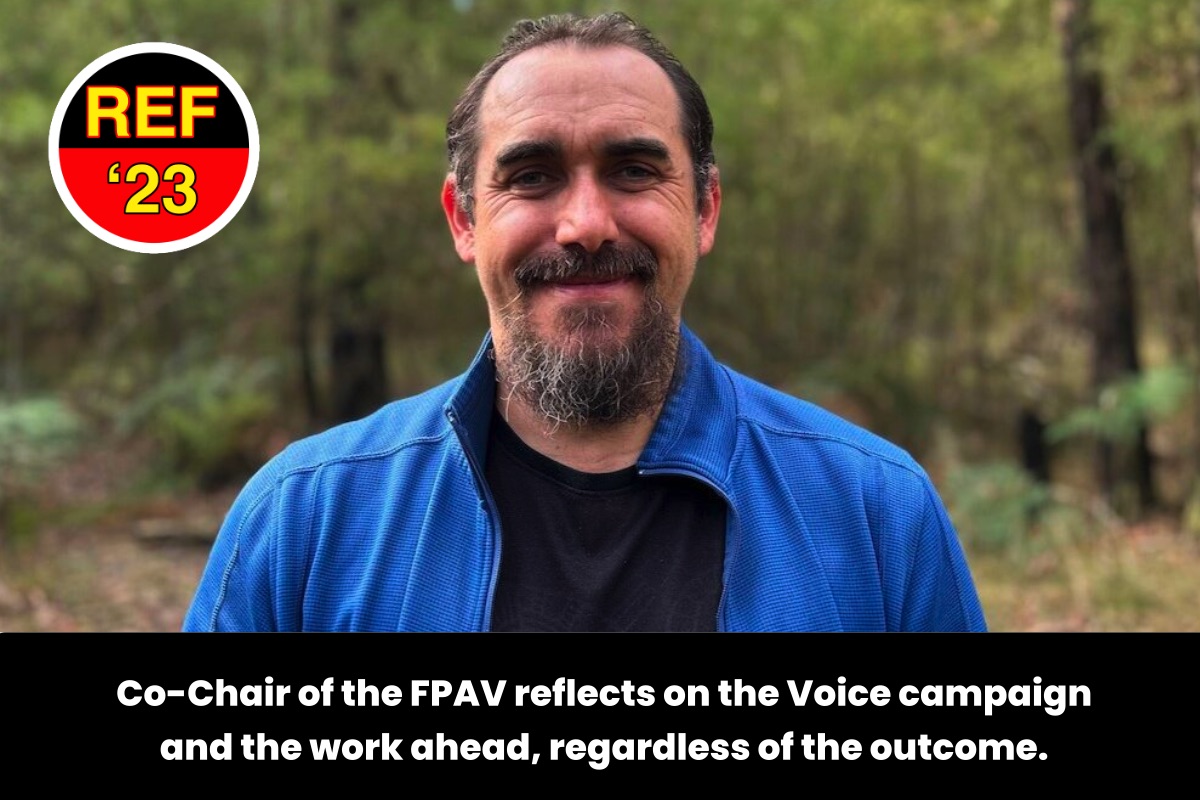
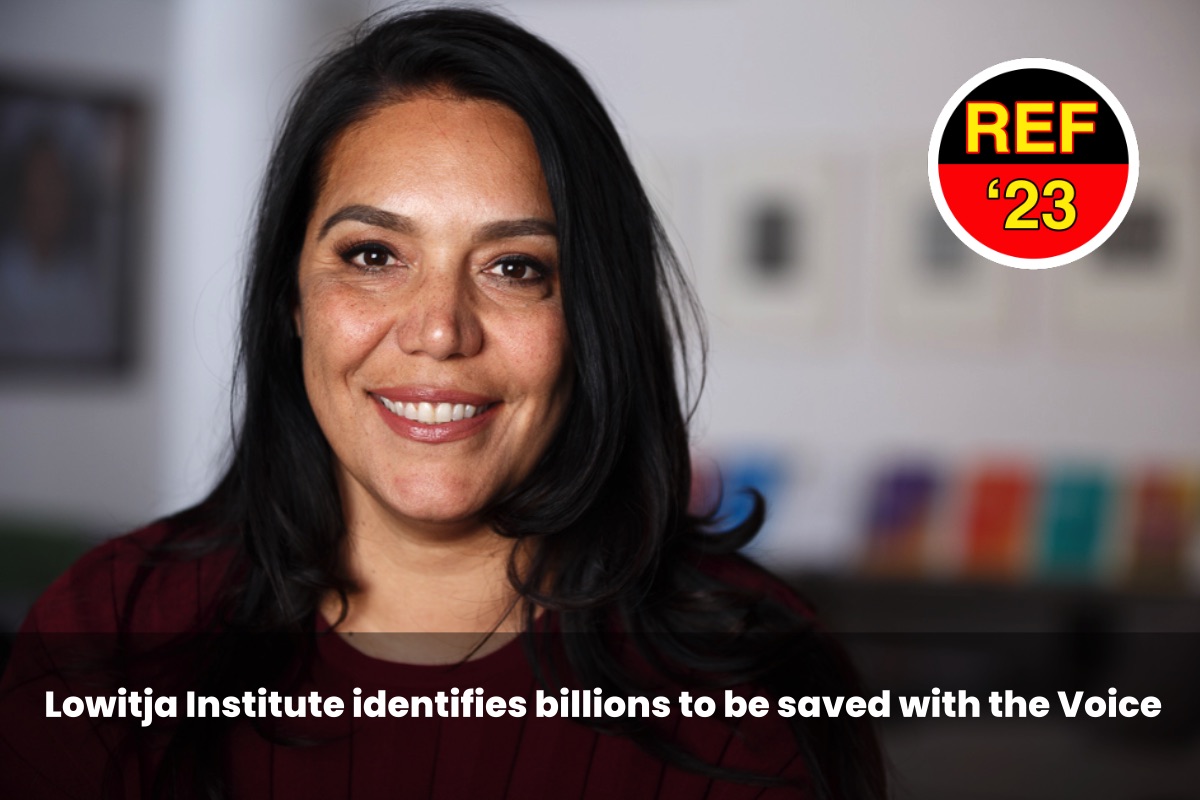
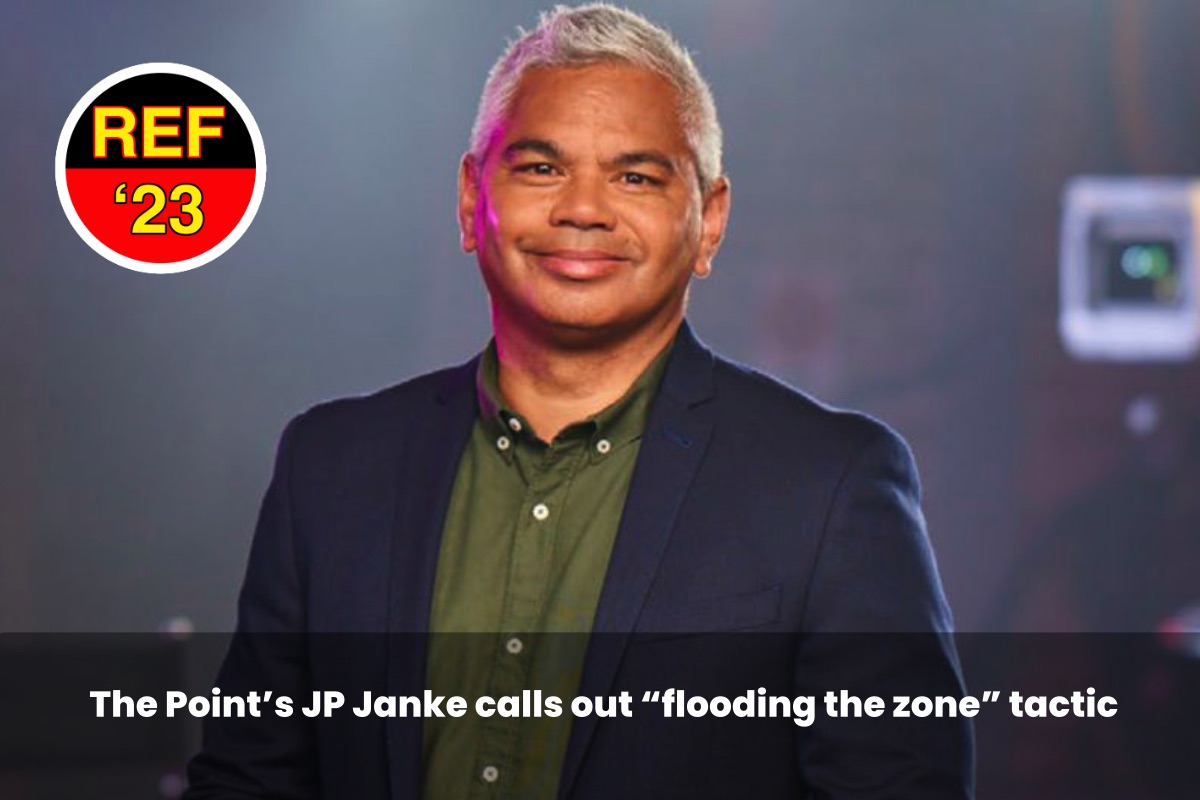
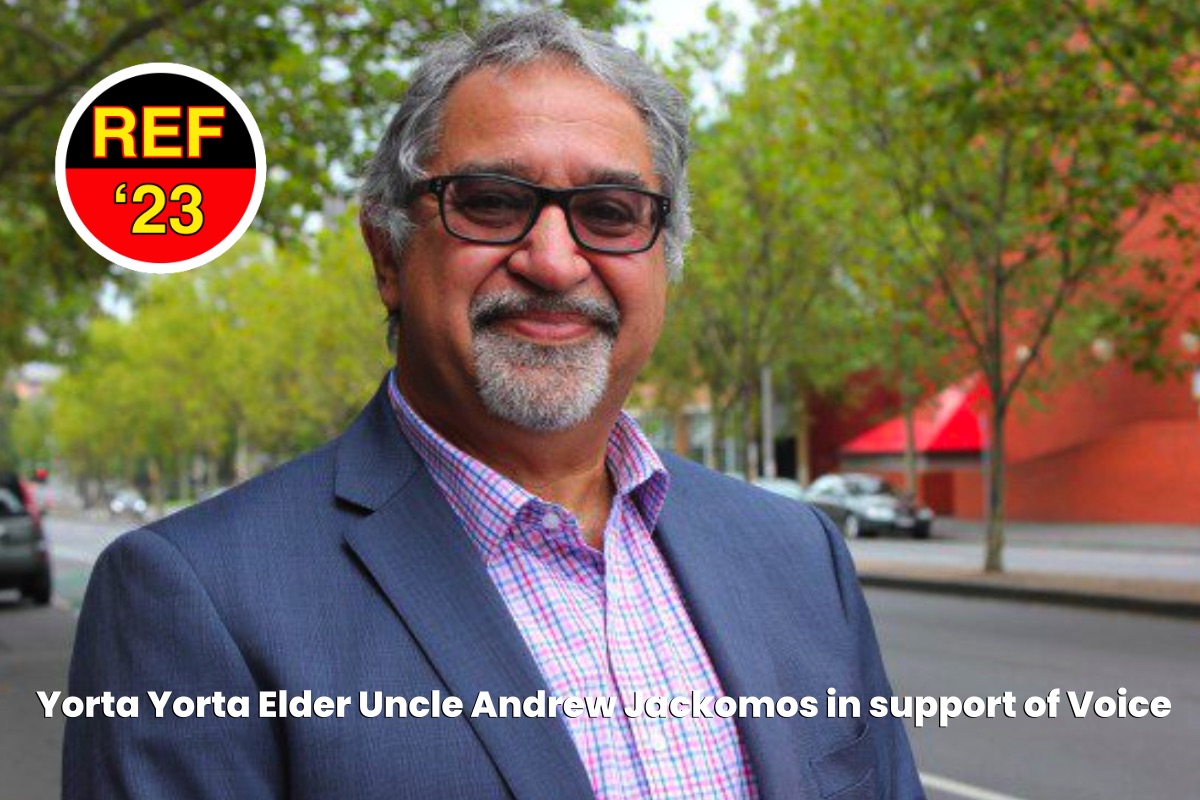
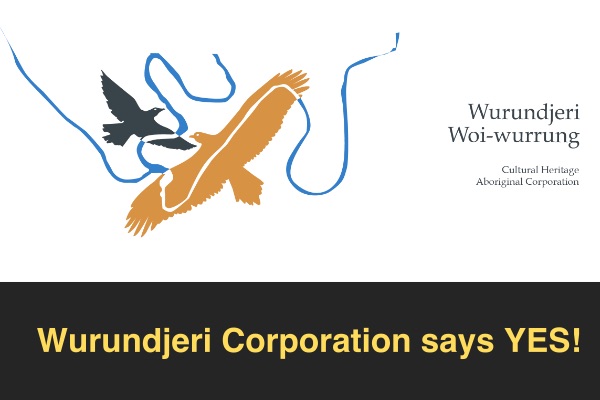

0 Comments